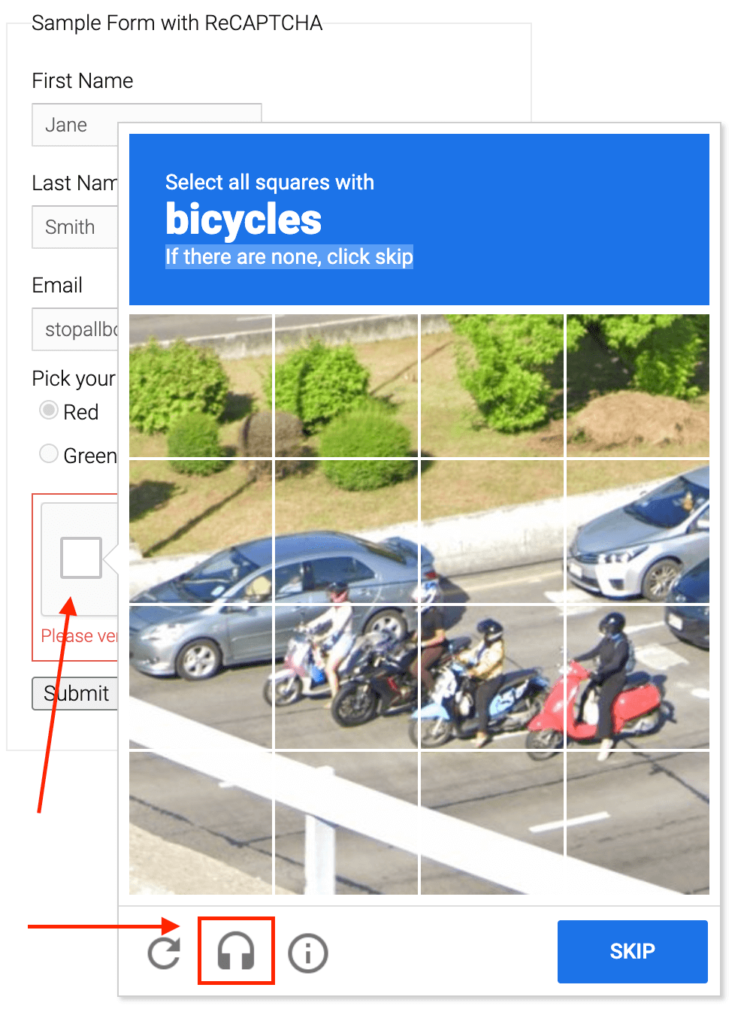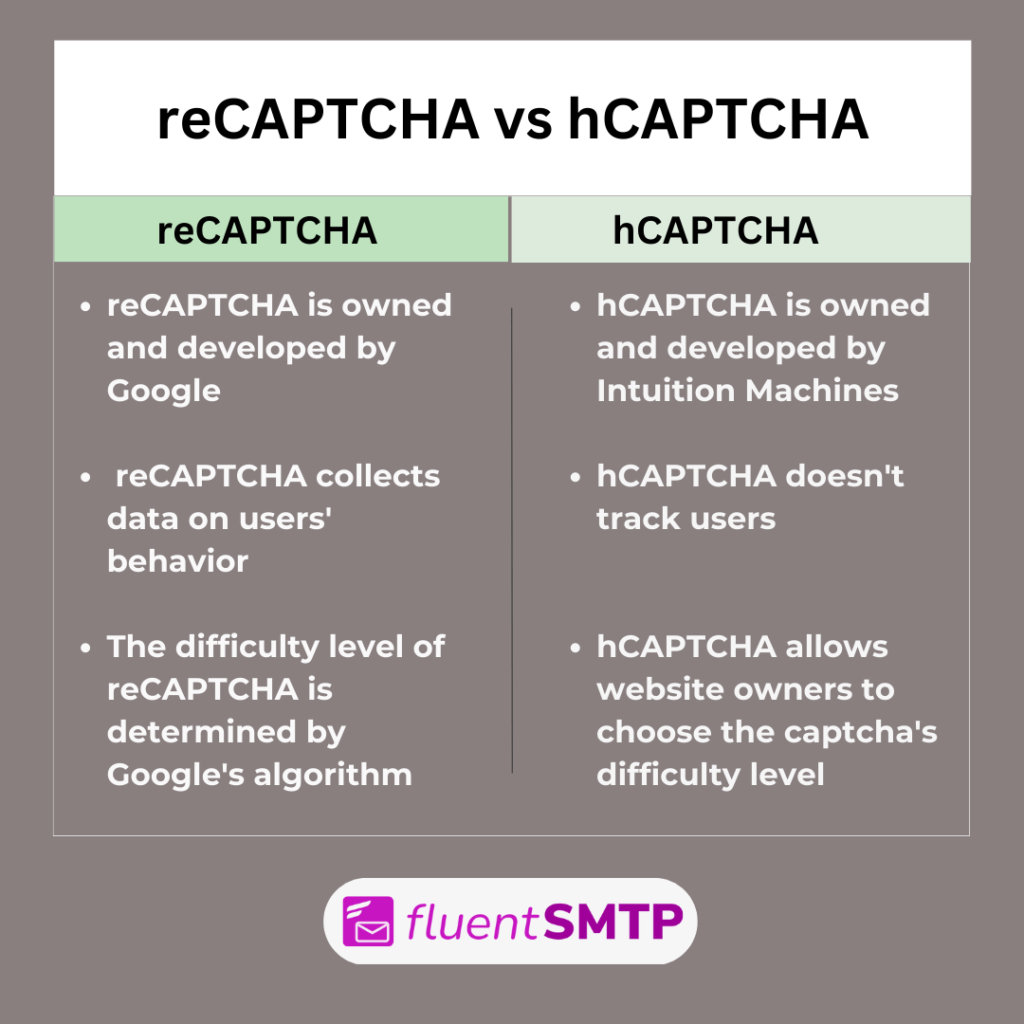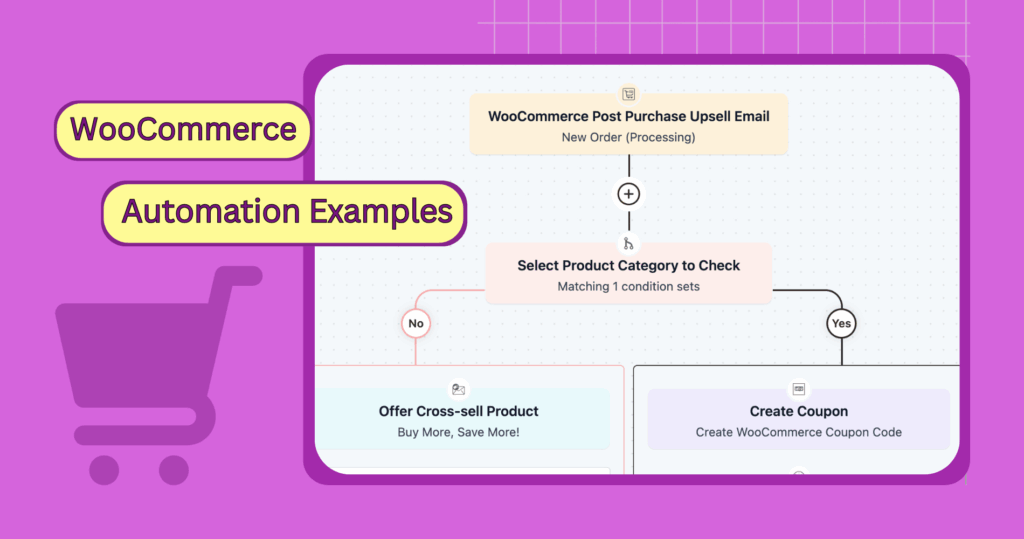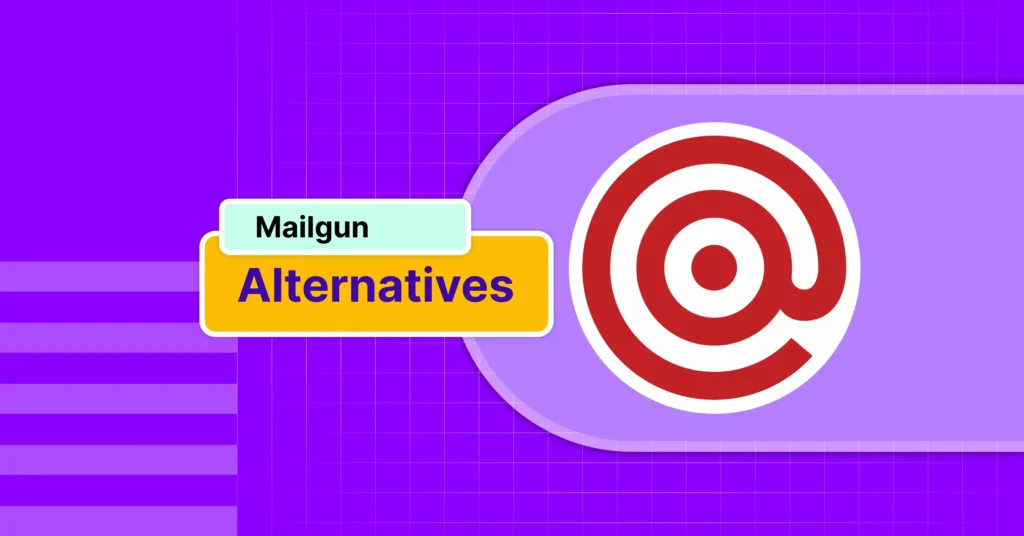
reCAPTCHA vs hCAPTCHA: How Do They Differ?
Website security is extremely important in today’s digital age. And one way to secure your website is by implementing a captcha. It’ll protect your website by differentiating between humans and bots!
However, with so many captcha options available, it can be difficult to select the best one! Especially, when deciding between two extremely popular options like reCAPTCHA and hCAPTCHA, it’s natural to be perplexed!
In this blog post, we’ll compare the features, privacy options, and user incentives of reCAPTCHA and hCAPTCHA. So, whether you’re a website owner trying to keep your site safe from bots or a user fed up with having to deal with those annoying problems, read this post.
What is a captcha and why is it important?
A captcha, which stands for Completely Automated Public Turing Test to Tell Computers and Humans Apart, is a kind of test used to determine whether a user is a human or a bot. It is typically used on websites to restrict automated bots from accessing and potentially harming the site, such as spamming or hacking.
Captchas are intended to be difficult for automated programs to read while remaining readable for human users. Typically, they are made up of a series of randomly generated characters and symbols that have been distorted by the use of noise, blur, or other visual distortions. To prove they are human, the user must enter the characters they see in the image into a text field.
The significance of captchas can be summarized as follows:
- Bot protection: Captchas are an effective method of preventing bots from entering a website and potentially creating harm. This can involve hacking, spamming, or other malicious behaviors.
- Better security: By limiting bot access to a website, captchas can increase security overall and safeguard user information.
- Reduced spam: Captchas can simply stop automated bots that send spam, reducing the number of unsolicited messages and improving the user experience.
- Accessibility: Many captcha systems now provide various methods of verification for people with disabilities, such as audio challenges, making the Internet more accessible to all.
- Simple to use: Captchas require little effort to integrate into a website and are simple for users to use.
All things considered, captchas are a crucial tool for website owners to defend their platforms against bots and enhance security. They also contribute to less spam and better accessibility for all users.
Subscribe to Our Newsletter
Get our blog articles, tutorials, and information delivered to your inbox!

The importance of differentiating between bots and humans
For the safety and efficiency of websites and online services, it is essential to distinguish between bots and humans. Bots can be programmed to carry out automated tasks such as spamming, hacking, and data scraping. These actions can seriously harm the website and its users.

The following reasons make it crucial to distinguish between humans and bots:
- Protection from malicious activity: By locating and blocking bots, website owners can shield their properties from potential threats like spamming, hacking, and the scraping of confidential information.
- Better user experience: By lowering the number of spam and unwelcome messages, blocking bots can also make users’ experiences better.
- Better security: By limiting bot access to a website, captchas can increase security overall and safeguard user information.
- Ease of use: Internet accessibility is improved thanks to the fact that many captcha systems now provide users with disabilities with alternative methods of verification, such as audio challenges.
To summarize, distinguishing between bots and humans is critical for website security and functionality. It aids in the protection of the site from malicious activity, the enhancement of the user experience, and the expansion of accessibility. And captchas are the most popular tool for accomplishing this goal.
However, by using a web scraping proxy responsibly, visitors can still extract publicly available data from websites while maintaining server performance and complying with the site’s usage policies.
Different types of captchas
captchas come in a variety of shapes and sizes, each with its own set of advantages and disadvantages. The best captcha to use will depend on the requirements of the website. Website owners should take user-friendliness, accessibility, and security into account when choosing a type because each has advantages and disadvantages of its own.
The following are some of the most common types of captchas:
- Text-based: This is the most common type of captcha, it consists of a distorted image of text that a user must type in to prove they are human.
- Mathematical: This type of captcha presents a mathematical equation that the user must solve to prove they are human.
- Audio: This type of captcha presents an audio recording that the user must listen to and transcribe the words or numbers to prove they are human
- reCAPTCHA: reCAPTCHA is a type of captcha developed by Google, It uses advanced risk analysis techniques to differentiate between human and bot traffic. It can be implemented as a checkbox, image select, or audio challenge.
- hCAPTCHA: it is similar to reCAPTCHA but it is developed by a company called Intuition Machines. It offers more privacy features and incentives for users.
- Invisible captcha: This type of captcha is not visible to the user, it uses a sophisticated algorithm to determine whether the user is human or a bot.
What is Google reCAPTCHA and how does it work?
Google reCAPTCHA is a popular service that distinguishes between human and bot traffic to help protect websites from spam and abuse. Google provides this service for free!
reCAPTCHA is intended to be simple to use for both website owners and users. It can be integrated with a website using a simple API. Website owners can tailor the reCAPTCHA to their specific requirements. It is frequently used on various website types, including login pages, contact forms, registration forms, etc.
It can be used in a number of ways, including:
- Checkbox: A user must click on a checkbox to prove that they are human.
- Image selection: A user must select specific images from a group of pictures to prove that they are human.
- Audio challenges: A user must listen to an audio recording and transcribe the words or numbers to prove that they are human.

Google reCAPTCHA analyzes a user’s behavior on a website to determine whether they are a human or a bot. When a user visits a website that uses reCAPTCHA, the service collects information about the user’s behavior, such as mouse movements, typing patterns, and other interactions with the website.
This data is then processed by reCAPTCHA’s risk analysis engine, which employs advanced algorithms to determine whether the user is a human or a bot. If the engine believes the user is a human, they will be given access to the website. If it identifies that the user is most likely a bot, it will present them with a captcha challenge, such as a distorted image of text to type in or an audio challenge to transcribe.
Furthermore, reCAPTCHA employs an advanced spam filtering system that is based on feedback from millions of users. The reCAPTCHA algorithm uses this feedback to become more accurate over time and improve its ability to distinguish between human and bot traffic.
What is hCAPTCHA and how does it work?
Like Google reCAPTCHA, hCAPTCHA is a service that helps to protect websites from spam and abuse by distinguishing between human and bot traffic. It was created by the company Intuition Machines.
It employs advanced risk analysis techniques to determine whether a user is human or a bot, and like Google reCAPTCHA, it can be implemented in a variety of ways, including checkboxes, image selection, and audio challenges.
One of the primary distinctions between hCAPTCHA and reCAPTCHA is that hCAPTCHA is more concerned with privacy. It doesn’t track users and allows website owners to customize the captcha difficulty level.
hCAPTCHA can be integrated with a website through the use of a simple API, and it can be customized to fit the specific needs of the website. Furthermore, it also allows users to be rewarded with cryptocurrency for completing the challenges.
reCAPTCHA vs hCAPTCHA: The Key Differences
Both reCAPTCHA and hCAPTCHA are services that aid in the prevention of spam and abuse by distinguishing between human and bot traffic. But still, there are some significant differences between the two services.
Here are some important distinctions between reCAPTCHA and hCAPTCHA:
Ownership: reCAPTCHA is owned and developed by Google, whereas hCAPTCHA is owned and developed by Intuition Machines.
Privacy: reCAPTCHA collects data on users’ behavior and interactions with the website, whereas hCAPTCHA is more privacy-conscious and does not track users.
Difficulty level: The difficulty level of reCAPTCHA is determined by Google’s algorithm, whereas hCAPTCHA allows website owners to choose the captcha’s difficulty level.

Incentives: hCAPTCHA rewards users with cryptocurrency for completing challenges, whereas reCAPTCHA does not.
Customization: Both services can be integrated with a website using a simple API and customized to meet the needs of the website. However, hCAPTCHA allows for more customization in terms of difficulty level.
Accessibility: Both services offer alternative forms of verification for users with disabilities, such as audio challenges, but reCAPTCHA has been more widely adopted and is generally considered to be more accessible.
hCAPTCHA vs reCAPTCHA: Which Should You Use?
Both of these services are tried and true, and each has its own set of benefits when it comes to protecting a website from spam and abuse. And the decision between hCAPTCHA and reCAPTCHA should be made based on the requirements of your website.
However, reCAPTCHA is generally considered more accessible due to its wider adoption and the implementation of reCAPTCHA v3, which minimizes the need for manual puzzle-solving. While hCaptcha also provides accessibility options, it often requires users to solve image puzzles, making it less user-friendly for people with disabilities compared to reCAPTCHA.
Before choosing, you should take into account a few significant differences between the two services that we covered in the previous section. You should give important consideration to things like privacy issues, customization possibilities, accessibility, and incentives.
If CAPTCHA doesn’t suit you, there are some great CAPTCHA alternatives for secure contact forms.
That’s it for now. Don’t leave your website’s future in the hands of chance; instead, use a captcha to make your site safer for both you and your visitors.
Have a wonderful day. Best wishes!
Nader Chowdhury
Table of Content
Subscribe To Get
WordPress Guides, Tips, and Tutorials












Leave a Reply